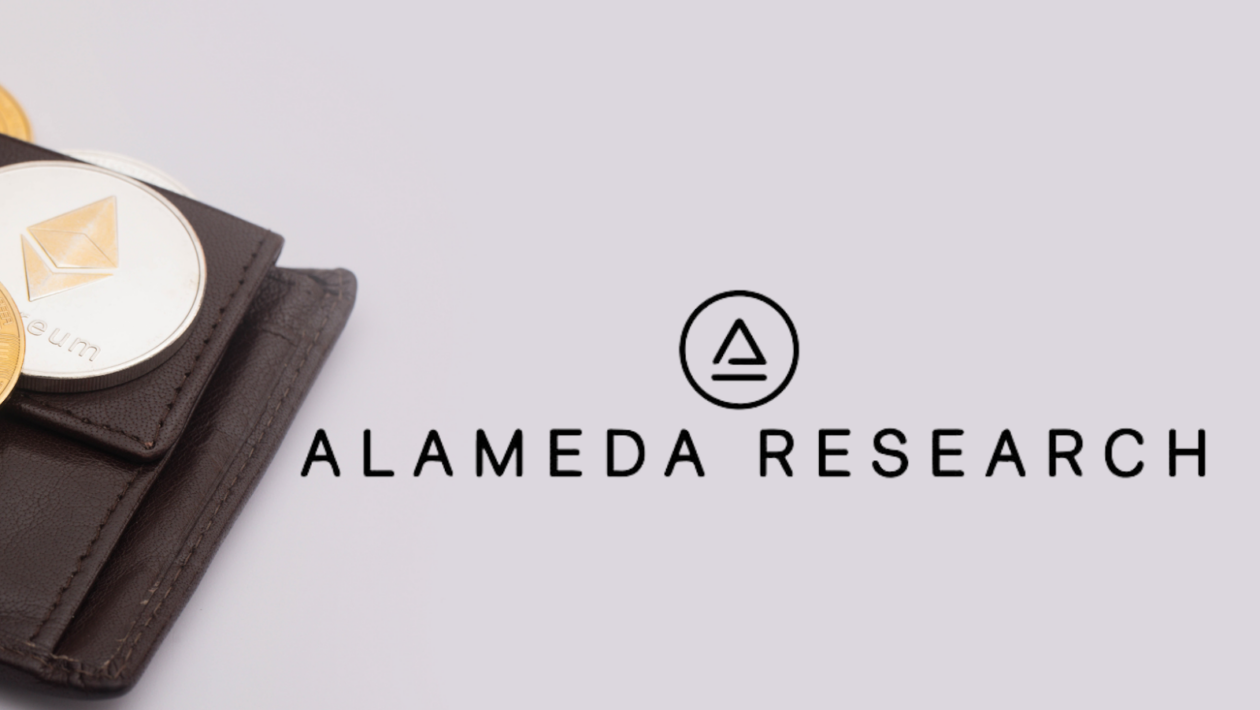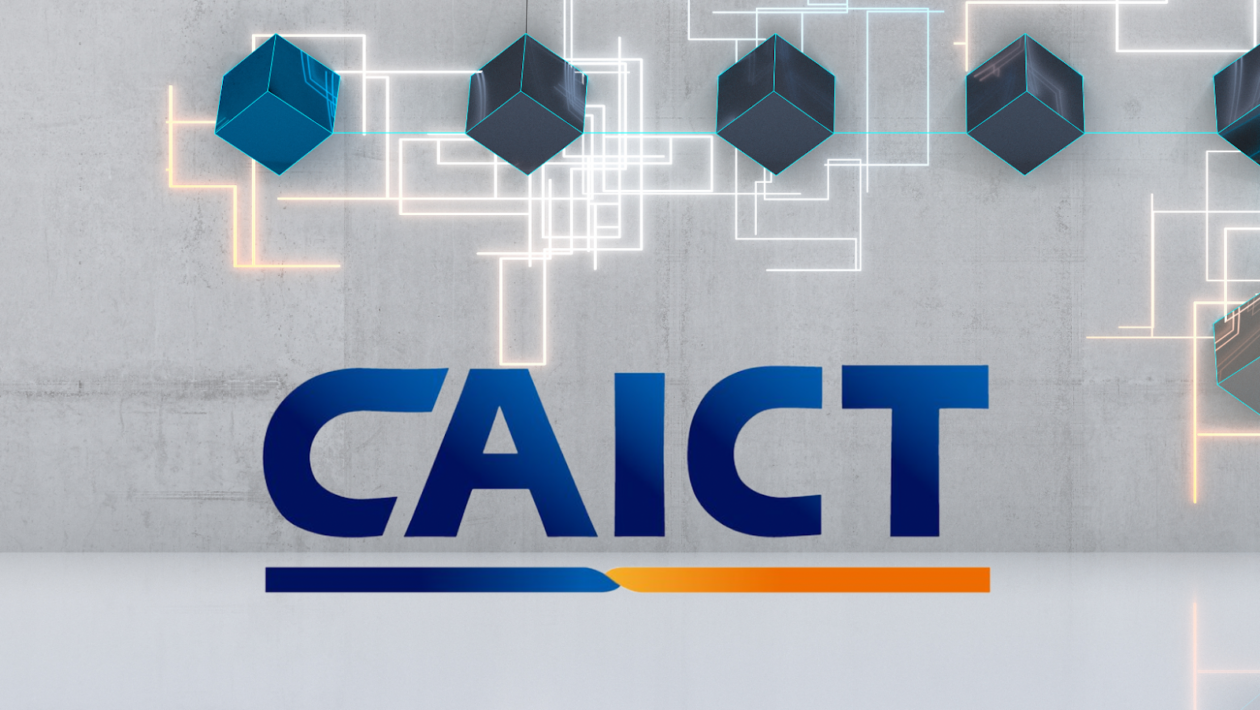On this challenge
- Alameda Analysis: Comply with the cash
- Tax loss harvesting: Crypto loophole
- Blockchain in China: Full steam forward
From the Editor’s Desk
Pricey Reader,
What’s going to 2023 deliver to the world of Web3?
That’s typically a query we pose at first of any new yr, however for this {industry} very particularly, it takes on higher weight. It was this time final yr when dizzying crypto costs dominated the headlines, with Bitcoin hovering round US$45,000, off an all-time excessive set simply two months earlier. After which the primary shoe dropped… with the cascade of contagion that adopted, and wrapped the yr with the FTX saga that has ushered in 2023.
So what’s subsequent? What are the teachings realized that may spark new resolve for this model new yr?
One factor we’ve realized is that opacity continues to be excessive in an {industry} for which a defining attribute should be transparency. And Sam Bankman-Fried sadly retains a excessive profile within the media, due to the polarity that he loved only a yr in the past. He has denied any involvement in latest transfers from wallets linked to Alameda Analysis, the buying and selling arm of his bust trade, FTX, however the fund flows have aroused suspicions within the crypto group, thanks partially to the truth that the funds had been channeled by mixers, that are used to hide transaction data.
The FTX debacle has been a case of “up to now, so ugly,” and can stay so for an prolonged interval because the enterprise is wound up. However there shall be additional casualties. The FTX contagion will proceed to play out in 2023. Will probably be years earlier than funds are restored to its victims, and even then possible solely at a fraction of what they entrusted to FTX. The true sufferer, nevertheless, is the {industry} as a complete — and I embody the broader monetary {industry} right here. With religion within the monetary system having been eroded for a complete era that trusted it might develop its wealth in crypto in a decentralized and accessible approach, 2023 will very a lot be a yr centered on recovering that belief — and it might not be simple to win again.
Finally, classes proceed to be realized within the wake of the FTX collapse, and as regulation is beefed as much as maintain crypto corporations to the identical requirements which can be utilized to the remainder of the finance sector — notably such points as custody, know-your-customer and readability on taxation — I dare say it’s an thrilling time to be within the {industry}. As a result of what doesn’t kill us makes us stronger. Each stakeholder, together with governments and firms, should perceive that it isn’t us vs. them. Everybody has an element to play within the technological innovation that may elevate us all.
These classes will probably type the main target of a lot dialogue at this yr’s World Financial Discussion board in Davos, which will get beneath approach in just a little beneath two weeks from now. I shall be there, alongside many different blockchain leaders and builders. We have now not shied away. As an alternative, we stay steadfast and resilient in our path towards a digital monetary world that’s accessible for everybody. That’s a decision I and Forkast shall be maintaining this yr, and for years to return. I hope you’ll be part of us.
Till the subsequent time,
Angie Lau,
Founder and Editor-in-Chief
Forkast
1. Cash strikes

By the numbers: Alameda Analysis — over 5,000% improve in Google search quantity.
Cryptocurrency wallets linked to Alameda Analysis, the buying and selling arm of collapsed crypto trade FTX, resumed exercise final week for the primary time because the starting of December, triggering “major alarm bells” amongst {industry} watchers.
- Final Wednesday, a number of wallets related to Alameda Analysis got here again to life, transferring numerous Ethereum-based tokens into two wallets belonging to unidentified homeowners. The belongings had been then swapped for Ethereum (ETH) and stablecoin Tether (USDT), and despatched to a number of wallets and decentralized cryptocurrency exchanges akin to FixedFloat and ChangeNow, in response to Martin Lee, an information journalist at blockchain analytics agency Nansen.
- The 2 wallets collectively acquired greater than US$1.6 million value of crypto, half of which got here from Alameda-linked wallets, whereas the rest of the funds had been moved from unidentified accounts, Lee advised Forkast in an e-mail.
- Final Thursday, a second batch of transactions was made out of wallets related to Alameda Analysis, which was possible executed by liquidators in command of FTX’s chapter, in response to Nansen.
- The transactions appeared days after FTX founder Sam Bankman-Fried was sprung from jail on bail of US$250 million, elevating suspicions that he might have been related to them. Final Saturday, Bankman-Fried wrote on Twitter that he was not behind the transactions involving the Alameda Analysis wallets, saying he now not had entry to them.
- In accordance with crypto intelligence firm Arkham, a number of the funds within the first set of transactions went to crypto mixers, instruments typically utilized by cyber-criminals to obscure crypto transaction historical past. “The belongings listed below are definitely getting ‘liquidated’ — however this doesn’t appear to be the work of a liquidator,” Arkham wrote in a Twitter thread. “Straight sending funds to mixing providers is rarely an excellent signal.”
- FTX, as soon as the world’s third-largest cryptocurrency buying and selling platform, filed for bankruptcy in November, alongside Alameda Analysis and dozens of affiliated corporations. Final Tuesday, former FTX prospects filed a class action lawsuit towards the trade and its prime executives, together with Bankman-Fried, in search of precedence rights to compensation earlier than any non-customer collectors.
Forkast.Insights | What does it imply?
Regardless of FTX and its affiliate corporations being beneath the watchful eye of U.S. authorities, cash is transferring out of accounts linked to it apparently with out permission.
The high-risk transfer by whomever with the keys to the Alameda wallets suggests they will transfer the cash in such a approach as to keep away from being caught. Breaking apart stolen loot and sending chunks of it by mixers has lengthy been the favored technique for cash laundering in crypto.
Lazarus Group, the collective of cyber criminals related to the federal government of North Korea, has long employed this tactic. Though traditionally it has been an efficient technique of obfuscating crypto fund flows, final yr taught us that regulation enforcement has upped its sport with regards to monitoring and tracing stolen cash.
Whether or not it was the notorious takedown of Razzlekhan, an Estonian crypto laundering group, or Interpol’s manhunt for Do Kwon, the creator of TerraUSD, it’s getting tougher to cover stolen crypto. That’s an excellent factor.
Whereas the culprits behind the Alameda crypto pockets fund transfers stay at giant, crypto’s immutable nature has made it tougher to launder money than stealing cash.
Given the high-profile nature of the FTX/Alameda saga, it possible gained’t be lengthy earlier than the perpetrators are caught.
2. Crypto tax aid

By the numbers: Tax loss harvesting — over 5,000% improve in Google search quantity.
A loophole in U.S. tax guidelines might permit crypto investors to make deductions from capital gains tax by promoting their digital belongings at a loss, then instantly shopping for again those self same belongings, a tax skilled has advised Forkast.
- The U.S. Inside Income Service (IRS) provides buyers within the nation who offered belongings for a internet loss on the finish of the tax yr a deduction on capital positive aspects tax value as much as US$3,000, with extra losses carried ahead into the next yr.
- Nonetheless, an IRS coverage known as the “wash rule” prevents buyers from profiting from that tax deduction in the event that they purchase again inside 30 days the identical belongings that they offered. The rule doesn’t apply to cryptocurrencies, that are at present thought of an asset moderately than a safety, in response to Benjamin Goldburd, a tax lawyer on the Goldburd McCone regulation agency in New York Metropolis.
- U.S. software program firm MicroStrategy, the biggest company holder of Bitcoin reserves, has seemingly taken benefit of wash gross sales and tax loss harvesting, promoting greater than US$11 million of its Bitcoin holdings final month after which repurchasing much more Bitcoin, in response to a filing to the U.S. Securities and Change Fee. Collapsed crypto trade FTX was additionally reported to have utilized the technique to keep away from tax, in response to Quartz, the information web site.
- The IRS has defined a digital asset tax class that included cryptocurrencies, stablecoins and NFTs, and dominated that digital belongings ought to be handled as property for federal tax functions. Beneath present rules, the U.S. Congress’s Joint Committee on Taxation estimated that subjecting crypto to clean sale guidelines would increase US$16.8 billion over the subsequent decade.
- The loophole has caught the eye of U.S. regulators. In accordance with reports, the Senate Finance Committee final month thought of ending the tax loss harvesting alternative provided by crypto wash gross sales. An early model of U.S. President Joe Biden’s trademark Construct Again Higher Act had additionally been supposed to shut the loophole, however the provision was dropped earlier than the laws handed the Senate.
Forkast.Insights | What does it imply?
Tax avoidance is hardly a brand new topic — governments worldwide lose as a lot as US$600 billion annually in unpaid corporate taxes alone — and it’s unsurprising to study crypto has gotten in on the act.
Crypto tokens have, for essentially the most half, averted being outlined as securities, which in most nations would render them eligible for taxation and in addition correct regulatory scrutiny. However that’s altering.
U.S. Securities and Change Fee chief Gary Gensler has lengthy been a vocal advocate of classifying all digital currencies as securities, and later this yr, the U.S. Treasury Division is anticipated to finish an “illicit finance risk assessment” of decentralized finance and non-fungible tokens that may most likely pave the best way for extra regulation.
Though some criticize regulation for slowing the pace of innovation, it’s prone to result in the alternative. Clearer regulation supplies confidence for companies and buyers that crypto is a secure place to place their cash. An absence of belief within the sector is likely one of the biggest obstacles to growth.
Defending investments and permitting authorized recourse towards scams signifies that within the occasion of a loss, there’s a clear path to recovering funds. Clear taxation guidelines additionally make shopping for and holding crypto much less of a headache for accountants. The longer crypto lurks in regulatory grey areas, the longer it would take for the Crypto Winter to thaw.
3. Blockchain wager

The China Academy for Info and Communications Know-how (CAICT) has printed a doc titled The Blockchain White Paper (2022), demonstrating the Chinese language authorities’s eager curiosity in investing in and growing blockchain know-how, regardless of its ban on cryptocurrency mining and buying and selling.
- CAICT is an influential Chinese language state-owned suppose tank for presidency innovation and a improvement platform for the nation’s data know-how {industry}. The academy has been publishing annual blockchain white papers since 2018.
- The white paper identifies the potential of blockchain know-how in two major areas: the digitalization of the actual economic system based mostly on permissioned blockchains, and the creation of a digital-native ecosystem based mostly on digital belongings and public blockchains.
- As of final month, Chinese language authorities had put 10 batches of blockchain companies on their registration lists — which is how the nation’s our on-line world authority retains monitor of blockchain-related enterprise entities — or a complete of greater than 2,000 particular person corporations. Amongst their initiatives, the three commonest purposes of blockchain know-how had been finance (17%), web (10%) and traceability (10%), with digital collectibles and digital belongings taking on 8% and three% of the purposes, respectively.
- In accordance with the white paper, the U.S., China and Singapore are the three hottest domiciles for blockchain corporations. As of Could 2022, a complete of 48 Chinese language post-secondary schooling establishments had launched blockchain engineering-related levels and certifications.
- Non-fungible tokens (NFTs) have generated some controversy in China, however the white paper praises the potential of the asset class, calling it “essentially the most modern utility of public blockchain know-how” and hailing its potential for capitalizing on information and mental property, and as a lift for cultural industries.
- Regardless of the federal government’s outlawing of cryptocurrency mining and transactions, China has proven appreciable curiosity in growing different makes use of for blockchain know-how. The nation’s newest five-year plan in 2021 consists of provision for growing blockchain know-how as a part of its digital transformation technique. The Chinese language authorities has additionally been building a nationwide blockchain-based service network (BSN) to facilitate the usage of blockchain by personal enterprises. On the primary day of 2023, the “China Digital Asset Trading Platform” was launched in Beijing, changing into the nation’s first state-backed NFT buying and selling platform.
Forkast.Insights | What does it imply?
The China Academy for Info and Communications Know-how’s newest white paper displays the Chinese language Communist Celebration’s core imaginative and prescient to “construct an internationally aggressive digital {industry} cluster” — because the academy places it.
Because it pushes for the event of blockchain, Beijing is ensuring home {industry} gamers are constructing a Web3 {industry} with Chinese language traits — with a robust deal with consortium blockchains moderately than public chains akin to Ethereum which can be dominant outdoors China. Such consortium blockchain infrastructure comes with permissioned entry and compliance, making it simpler for the authorities to watch, management and regulate.
The academy has acknowledged that {industry} regulation continues to be missing and that uncertainty surrounding guidelines has restricted the {industry}’s improvement. However considerably, the state-owned suppose tank praises NFTs as an appropriate use of blockchain and touts the know-how’s potential.
Though China has but to challenge particular NFT regulation, the launch of the nation’s first state-backed NFT buying and selling platform is additional proof of the federal government’s embrace of “digital collectibles,” as NFTs are recognized in China, and its want to be concerned within the improvement and development of that market.
China’s domestic blockchain industry is anticipated to develop to a worth of US$2.5 billion in 2024, with a five-year development price of practically 55%, in response to analysis agency IDC information, cited within the academy’s report. However earlier than that occurs, Chinese language authorities will possible have to put in place clearer, industry-wide buying and selling guidelines for NFTs and different components of the Web3 economic system, to legally distinguish their use from cryptocurrency transactions, which China banned in September 2021.
It’s possible only a matter of time earlier than China grows its blockchain {industry} to some extent the place it’s too large to disregard, and, as consultants have advised Forkast, it could face reputational challenges linked to issues over privateness and surveillance — simply as Chinese language web giants have after they have expanded globally. Two issues are sure: the Chinese language authorities is fueling and shaping its Web3 infrastructure improvement, and its consortium chain path will possible imply a big measure of centralized management of the sector into the long run.